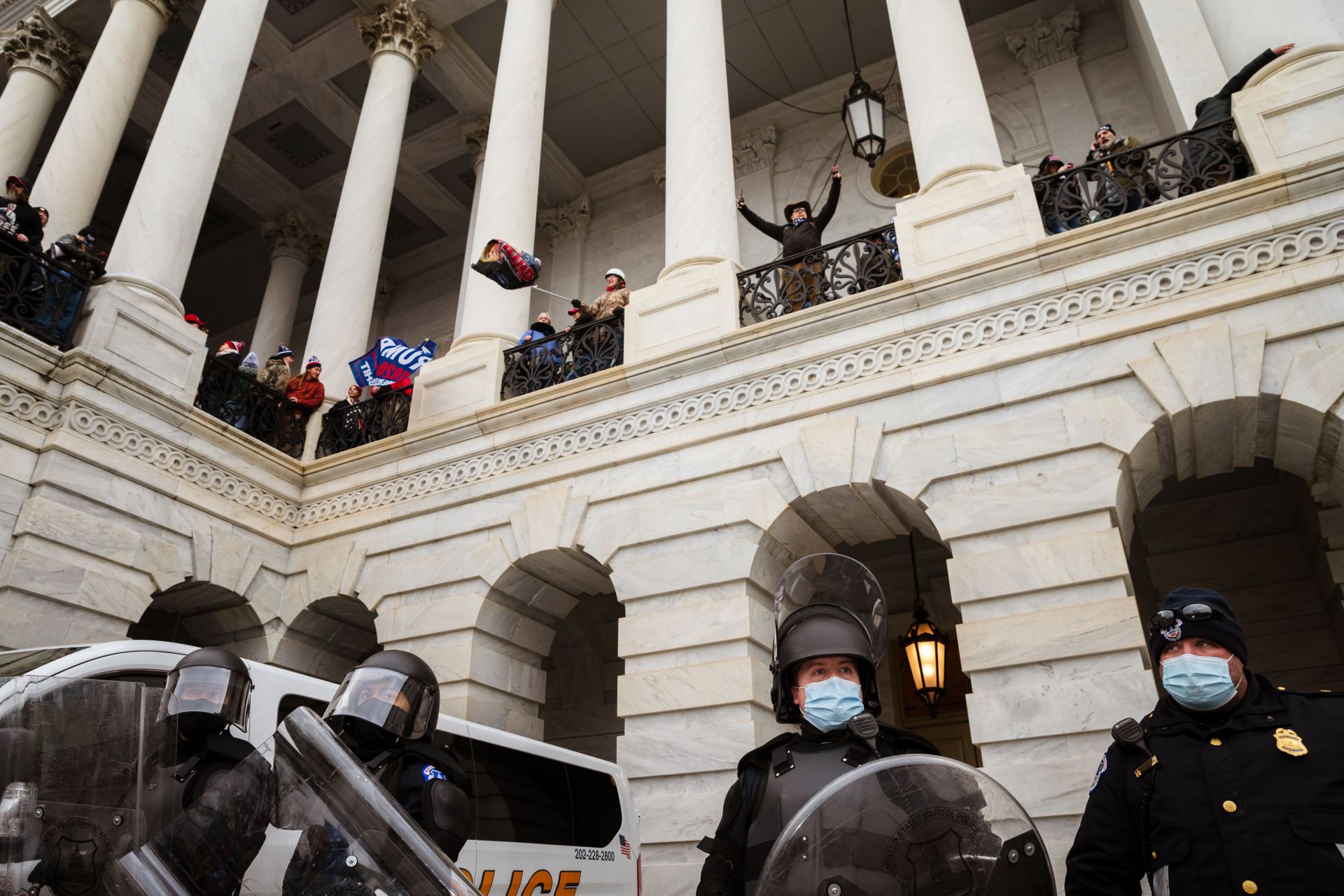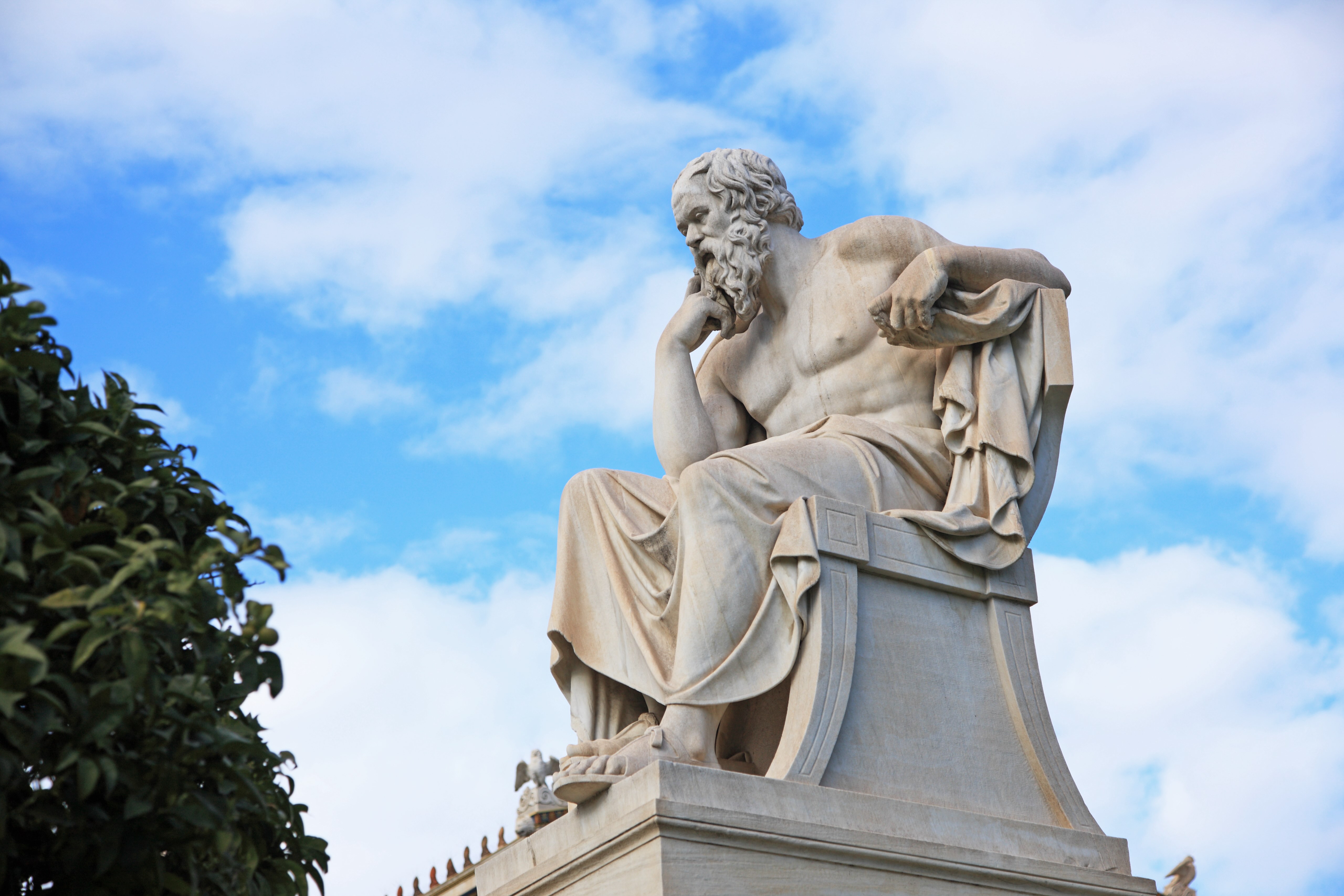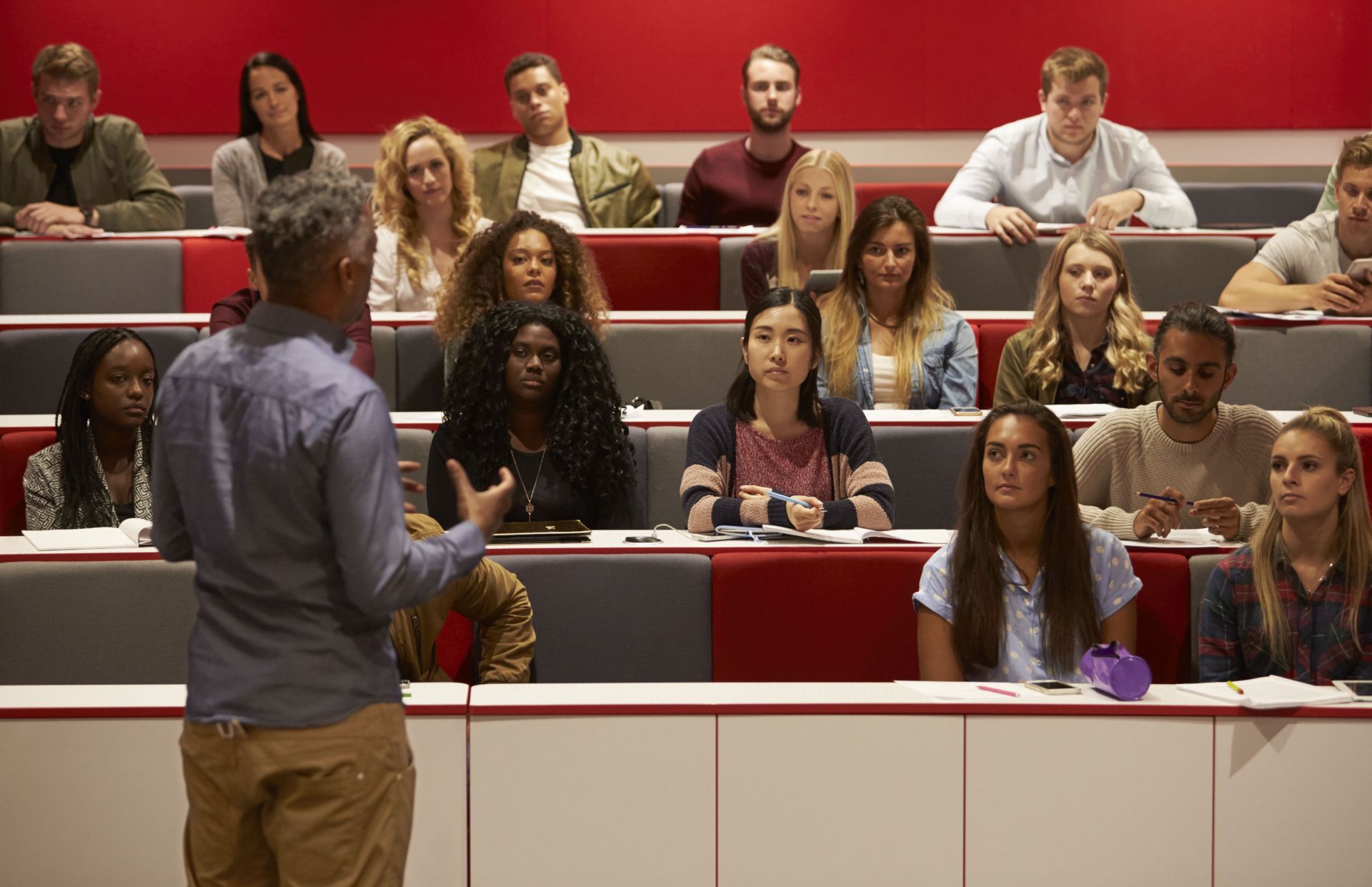
Politics & Society
How disinformation is undermining our cities

If we are to navigate the complex challenges of the 21st century, our understanding of and ability to teach critical thinking demands urgent attention
Published 28 August 2024
Critical thinking is more essential today than ever. The world faces numerous challenges that warrant urgent critical reflection – from climate change and wealth inequality to ongoing conflicts and resource shortages.
These crises are compounded by a growing crisis of confidence, marked by the spread of 'fake news' and the erosion of trust in traditional institutions. The January 6 US Capitol attack, exemplifies this breakdown, as does the deepening political polarisation in its aftermath.
There has been a hardening of views on both sides of the political spectrum since then.

The recent attempted assassination of former President Trump by a lone-wolf activist is not unusual in U.S. history.
However, the extent of political polarisation now seems to be framed by hostility and partisanship, the likes of which have not been seen since the civil rights era – or perhaps even earlier, the civil war of the mid-19th century.
People are increasingly unwilling to accept the status quo or the platitudes that politicians regularly serve up. Along with this, the rise of AI and technologies like ChatGPT has intensified scepticism about what we read, hear or see.
A recent Australasian Society for Computers in Learning in Tertiary Education (ASCILITE) presentation highlighted that, in this tech-dominated world, critical thinking is crucial for academic integrity.
They noted a troubling trend: learners are focusing more on 'How can I get this done?' rather than asking, 'Is this ethical?'.

Politics & Society
How disinformation is undermining our cities
Social media platforms like Facebook, X, and TikTok allow anyone to share information without filters for accuracy, leading to the widespread issue of “truth decay” – the idea that facts and critical analysis now play an ever-diminishing role in public life.
The media, too, has become susceptible to misinformation, often prioritising sensationalism over facts. Rather than serving as guardians of truth, they sometimes propagate falsehoods, making the need for critical thinking all the more urgent.
Paradoxically, while critical thinking is in decline, it is in high demand among an odd assortment of stakeholders – businesses, universities, governments, and venture capitalists.
According to the World Economic Forum's Future of Jobs report (2023-2027), "analytical thinking" – a synonym for ‘critical thinking’ – is the most sought-after skill across various industries worldwide.

In a survey of 803 companies employing 11.3 million workers across 27 industry clusters, critical thinking was considered more crucial than technological literacy, AI, talent management, leadership, multilingualism and even cybersecurity.
A 2017 report by the Australian government highlighted that the importance of critical thinking in job ads rose by 158 per cent, surpassing problem-solving, teamwork, communication skills and financial literacy.
It will apparently consume 3.8 billion more work hours by 2030.
Critical thinking certainly appears to be a skill ‘on the rise’ and central to employment in the new economy.
However, despite its importance, we don’t really know what critical thinking is. It is not even clear that critical thinking is principally, and just a “skill.”
Reports, institutions, and funding bodies might well be dedicated to a 'skill on the rise,' but they might also be quite misinformed about the very thing they purport to foster in the population.

In the US, critical thinking has become an industry, with papers written on its application in fields as diverse as engineering and the military. Disturbingly however, many students show no significant improvement in critical thinking abilities after completing a college degree.
A recent OECD study involving 120,000 students from six countries found that one-fifth of students performed at the lowest level in critical thinking, with half performing at the two lowest levels.
A US study noted that 45 per cent of college students showed no significant gains in critical thinking, complex reasoning, or writing skills over their four-year degree.
Since the inception of the modern university in Bologna in 1088, critical thinking has been a desirable – arguably the most desirable– 'graduate attribute'.

But universities' claims that they teach critical thinking have been under scrutiny for decades. Some employers argue that graduates no longer demonstrate the critical thinking skills they expect.
Some employers want to move away from a reliance on academic qualifications, preferring instead to 'train on the job'. Is declining critical thinking in the academy to blame?
Moreover, faculty members often demonstrate ignorance about the intellectual traits – known as 'dispositions' – that are essential to critical thinking.
They are also unable to outline the differences between critical thinking and creative thinking, problem-solving or decision-making.
This raises doubts about their ability to teach it effectively.

Socrates, through Plato’s dialogues, can perhaps lay claim to being one of the earliest exponents of what we now call 'critical thinking'.
By maintaining his ignorance, Socrates asked probing questions that undermined staunchly held views on subjects like 'truth', 'beauty' or 'justice'.
By questioning and dismantling the assumptions of others, Socrates exemplified critical thinking in its purest form: the re-evaluation of certainties and the testing of claims against stronger arguments.
Today, modern universities continue to emphasise the importance of critical thinking in promotional materials and course descriptions. However, as we have seen, the reality often falls short of the rhetoric.
Critical thinking is not well understood by those who are supposed to be teaching it and the broader context in which it is situated is not fully grasped by its advocates.

This situation is unlikely to be resolved soon, but it highlights the need for further research into critical thinking, not only in students but in the wider public.
A promising – albeit woefully underused – technique is computer-aided argument mapping. This is a way to explicitly and concisely represent reasoning by building diagrams that map out the logical structure of an argument.
Evidence suggests that it leads to significant gains on independent critical thinking assessment tests.
The importance of critical thinking has never been greater, yet our understanding of it has never been so limited. This creates a perfect storm – a situation where the need for critical thinking is rising, but our capacity to foster it is in serious question.
It’s a scandalous situation, demanding urgent attention if we are to navigate the complex challenges of the 21st century.
Associate Professor Martin Davies was co-editor, with Professor Ronald Barnett, of the Palgrave Handbook of Critical Thinking in Higher Education (Palgrave, 2015).